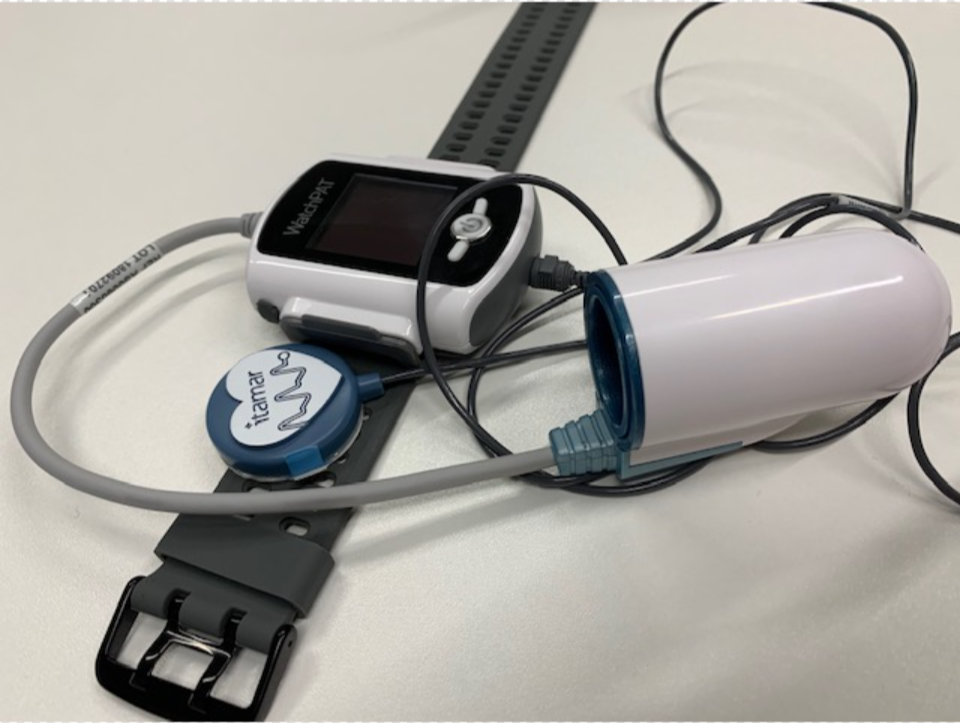Sleep apnoea is recognised as a significant factor in both triggering and maintaining atrial fibrillation. This is because over time, the repeated apnoeic (cessation of for several seconds) episodes that occur repeatedly overnight, may lead to stress on the heart, which is known to trigger AF.
Sleep apnoea risk factors:
• heavy snoring
• high blood pressure
Sleep apnoea symptoms:
• morning headaches
• fatigue throughout the day
• inability to get a good “rest” despite many hours of sleep
In this situation, management SOLELY of AF, for example with drugs or even catheter ablation may fail, with the ongoing primary trigger of sleep apnoea which continue to drive repeated episodes of AF at night, which eventually lead to persistent symptoms even during the daytime.
There are other problems with sleep apnoea too:
There is a clear link between sleep apnoea and cardiovascular problems. It’s possible that the constant fluctuation in blood oxygen levels caused by sleep apnoea may contribute to arterial inflammation, blood flow obstruction, insulin resistance, and, increased hypertension and cardiovascular-related events.
Our team of electrophysiologist specialists will be able to deliver state of the art treatment of patients with both atrial fibrillation (AF) and sleep apnoea. Your treatment from the beginning to the end, will comprise of comprehensive holistic approach addressing all risk factors for AF, including:
• Sleep aponea
• Diabetes
• Obesity
• Metabolic profile
• Coronary artery disease
• Thyroid dysfunction
Sleep Apnoea Detection Device
We will be able to fit an easy to use overnight wrist-based sleep apnoea detection device (WATCHPAT ™) which will be able to make a diagnosis of obstructive sleep apnoea, and to then initiate approach management to get you back to better health.
Sleep Apnoea and Atrial Fibrillation
If you need a comprehensive assessment of AF with sleep apnoea, and you are worried how to cure sleep apnoea, please contact us to make an appointment with one of our cardiologists.

